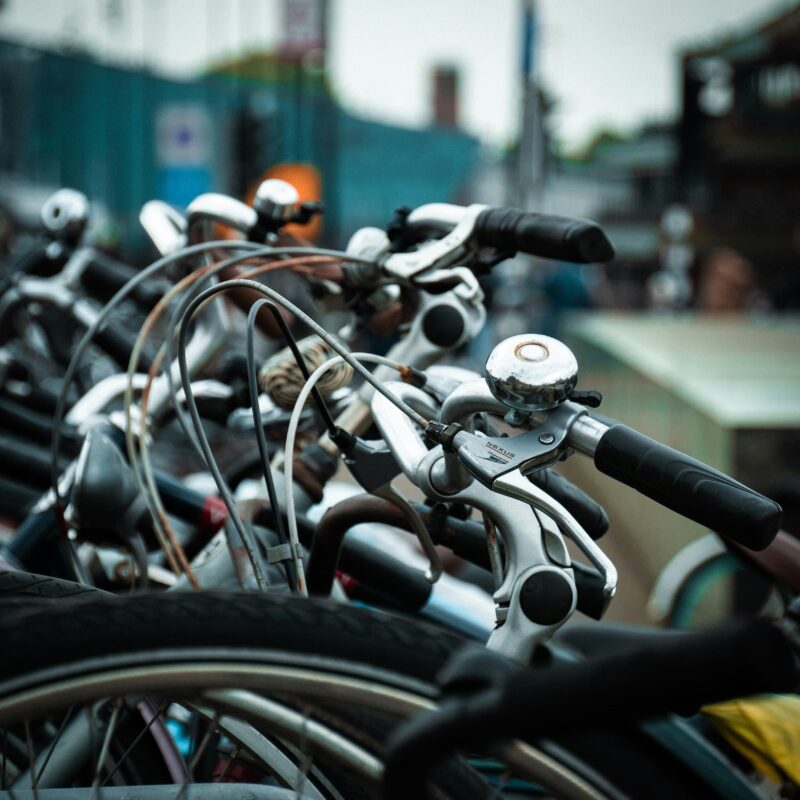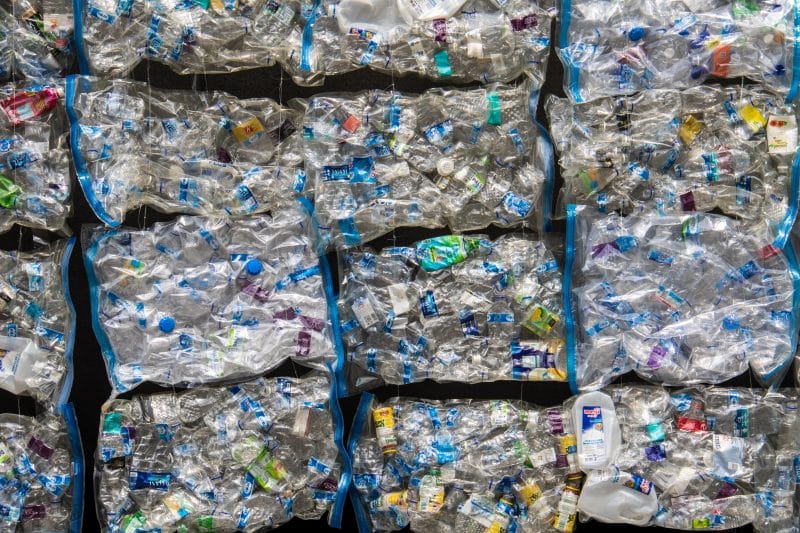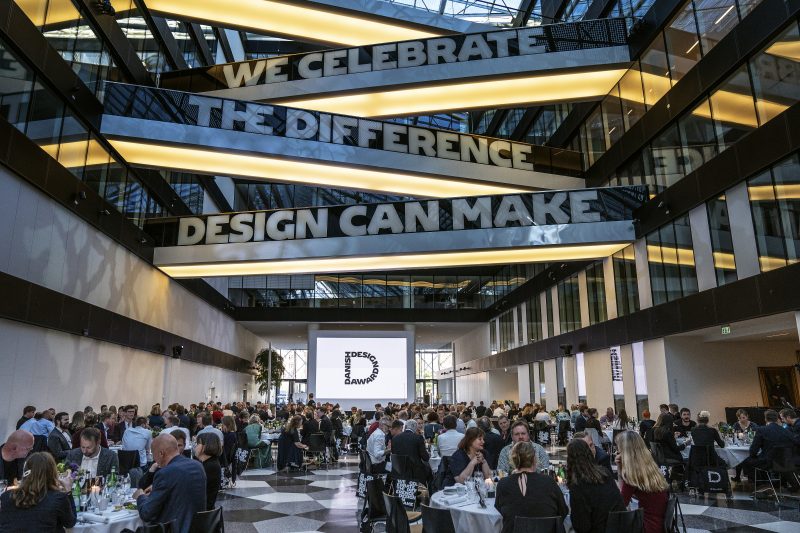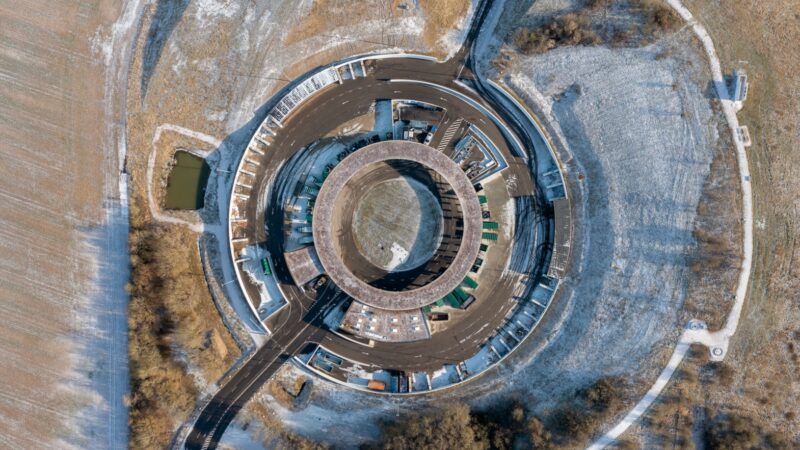News
Waste management
From fishing nets to fish boxes
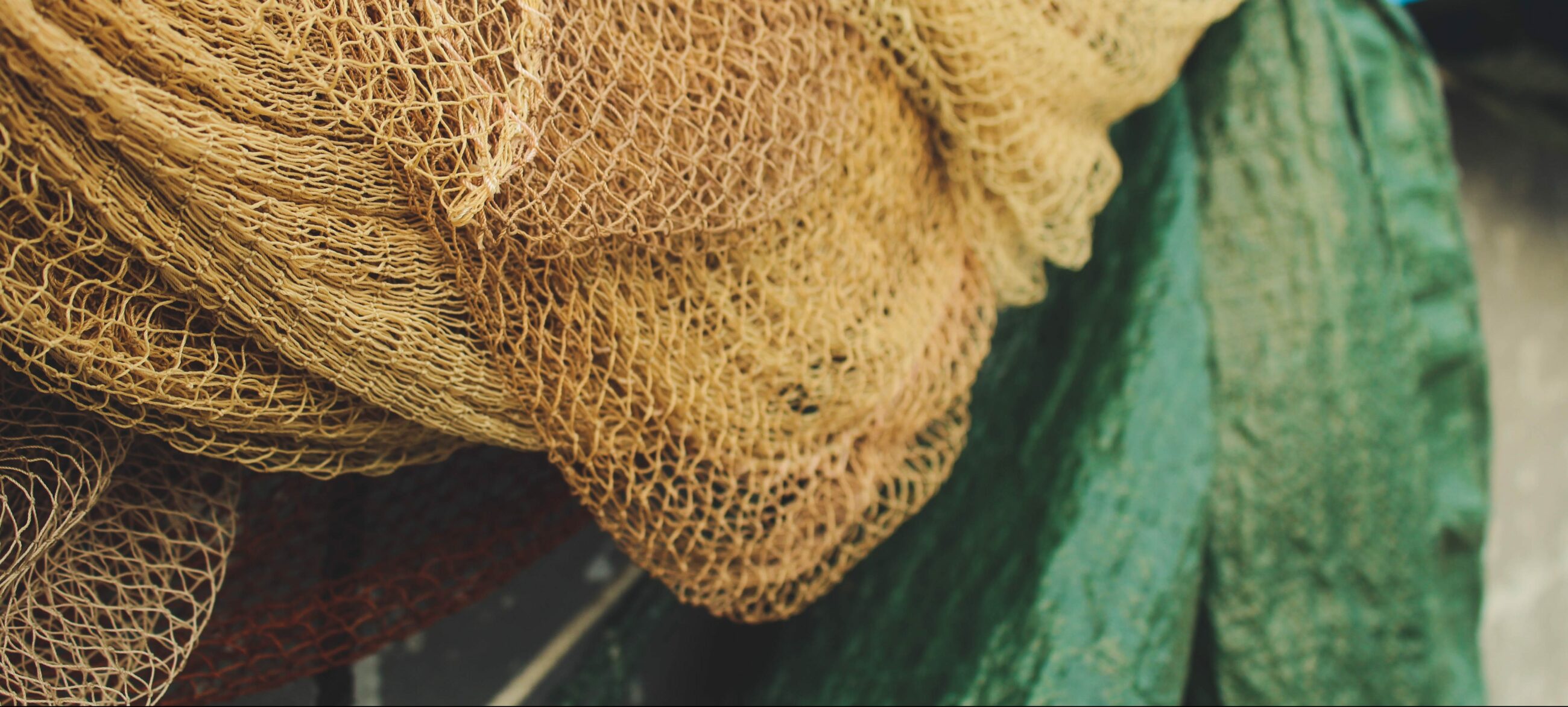

The collaboration "Oceanbox - trawl to box" takes the form of a project in which old trawls, nets and ropes from Danish and Dutch fishing vessels are to be converted into boxes that meet requirements for traceability, purity and competitive production.
-Related solution: Full circle industrial symbiosis recycling household plastics
One of the companies participating in the project is Danish Schoeller Plast, who has worked with the reuse of plastic for more than 50 years. Sales and Development Director Jan Bybjerg Pedersen is excited about the collaboration:
"I think that, together with several strong companies and the NGO Plastic Change, we have become part of a very exciting project, where everyone offers their main competencies. We work with circular packaging solutions on a daily basis and can supply a lot of know-how about development and production, while for example, Plastic Change is excellent at establishing a public agenda regarding the environmental problems we are trying to solve," he said.
Full support from plastic NGO
Plastic Change is fighting plastic pollution - especially in the oceans, where everything from micro plastic to left behind fishing nets is harming the ocean environment. They are also excited about the project:
“Plastic has a number of advantages. It is, among other things, a light material that can facilitate energy consumption during transport. And Lego bricks are a good example of plastic that does not release harmful chemicals and can be used by generation after generation. But often, plastic is used as a disposable material and can end up in the marine environment. However, the Oceanbox project allows for reduced pollution and at the same time reuse of plastic in a sustainable way. We fully support this," said Lisbeth Engbo, Communications Manager at Plastic Change.
-Related solution: The expertise of recycling plastic waste is present in Denmark
Increasing demand
The Danish Ministry of Environment and Food supports the project that will run for 12 months. It was initiated because all parties observed a significant increase in demand.
During the project period, a large number of technical analyses and production analyses will be carried out to clarify how high a recycling rate can be expected from the old fishing nets and ropes, explains Sales and Development Director Jan Bybjerg Pedersen, Schoeller Plast.
"Skipping the technical details, we must extract all of the material from the nets and turn it into plastic pellets, which we then work with to determine the material's mechanical properties when we begin to mould. So far, it looks very promising. We would also like to use the old trawls in a number of other recycled plastic products if the outcome is positive", he explained.
For his customers, the story behind the reused plastic matters: "There are many companies that use sustainability as a parameter in their marketing, and recycling of old fishing nets may sound a little more exciting than the recycling of bubble wrap".
Sources
Business Insights (in Danish)
Schoeller Plast (in Danish)
